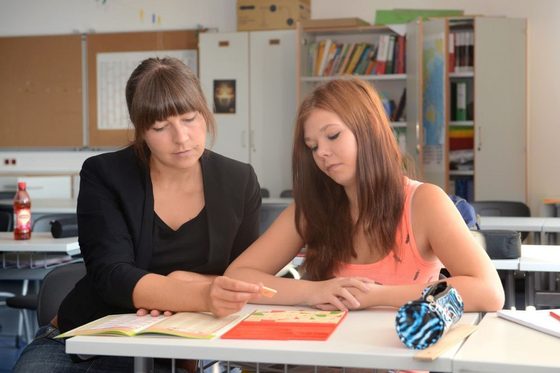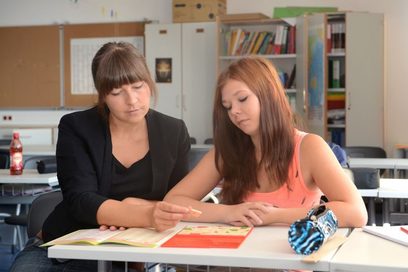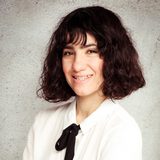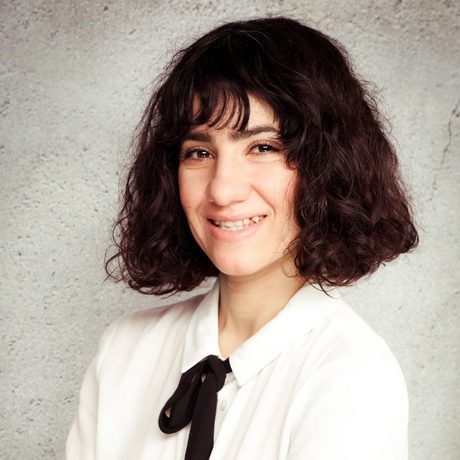Monefa
Foto: private
Monefa was already studying English in Syria. The 31-year-old is now in her second semester of teacher training for the subjects English and physical education at Leibniz University in Hanover.


In her homeland of Syria, Monefa had already begun to study English. The civil war brought a sudden end to her plans and she fled to Germany in 2014. She would have liked to have continued her studies here straight away. First, however, she had to achieve the required language level – first B1 and then Level C1, which is necessary for attending university. “At that time, I was still living with my brother in a little village in Rhineland-Palatinate. Because there are not that many language courses there, I didn’t get a place,” she says. In order to at least earn some money, she worked in a coffee factory at the same time.



Monefa
Foto: private
It was four years before Monefa received her residence permit. “Then I was finally able to attend the language courses in Germany and achieve both levels in German, as well as B2 in English, which I also needed for my subject.”
Now Monefa is studying at Leibniz University in Hanover, where she is in her second semester of teacher training for grammar school English and physical education. English is her main subject, physical education her subsidiary subject. “I should really also have taken an admission test for physical education. However, that was cancelled because of the coronavirus pandemic,” she reports.
The effects of the pandemic on her studies are also noticeable in other areas. For example, her course is currently only being held virtually. “It is a shame that we are currently not able to have any personal contact with the lecturers,” says Monefa. “But I like both of my subjects and when it is possible again, we will do a lot of partner work in English to practise.”
As well as various English modules relating to linguistics and language practice, her syllabus also includes physical education modules, such as “Functional Gymnastics” or “Sport and Health”. In the fourth semester, a placement at a school is planned. After the Bachelor’s degree come the Master’s degree and the traineeship, which will prepare her for starting her career.
In order to finance her studies, Monefa applied for BAföG. “My application was initially rejected because I was already 30. I was also asked why I have switched the course that I began in Syria to a teaching training course.” Supported by her contact at the Central Student Advisory Office, she explained why it had taken so long for her to be able to continue her studies in Germany and that there are no differences in the qualification in Syria. “There, you study English and can then either become a teacher or enter the private sector.” The misunderstandings were eliminated and her application for BAföG was finally approved.
Monefa is already looking forward to teaching at a grammar school. “I am happy that I now have security and a professional future.”
Aktualisiert: 01.09.2021
Vielen Dank für dein Feedback zu dieser Seite! Deine Kritik oder dein Lob zu abi.de kannst du uns gerne auch ergänzend über „Kontakt“ mitteilen. Deine abi» Redaktion
Diese Seite ist erreichbar unter:
https://abi.de/unterstuetzung/start-in-deutschland/career-aspiration-to-teach-at-a-grammar-school